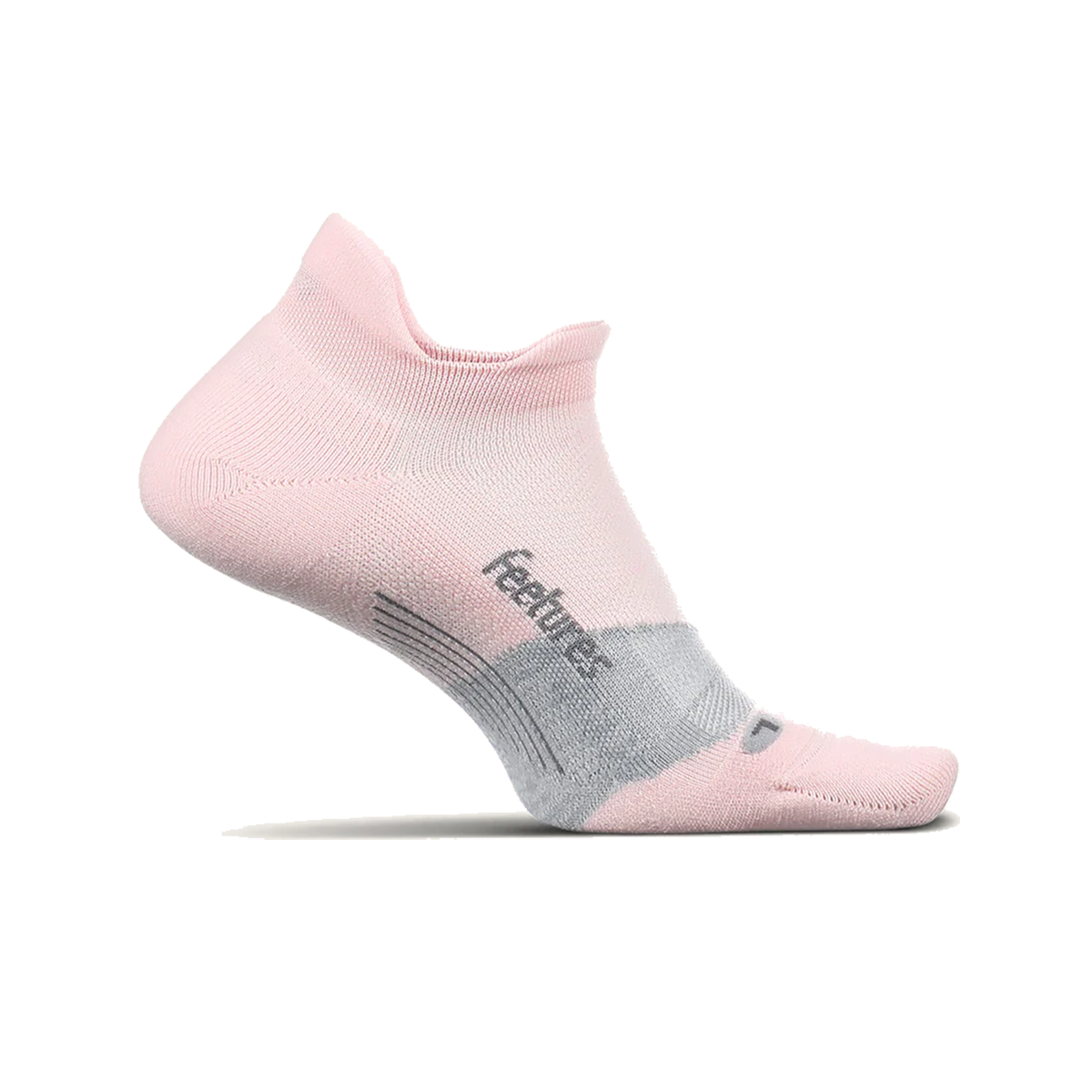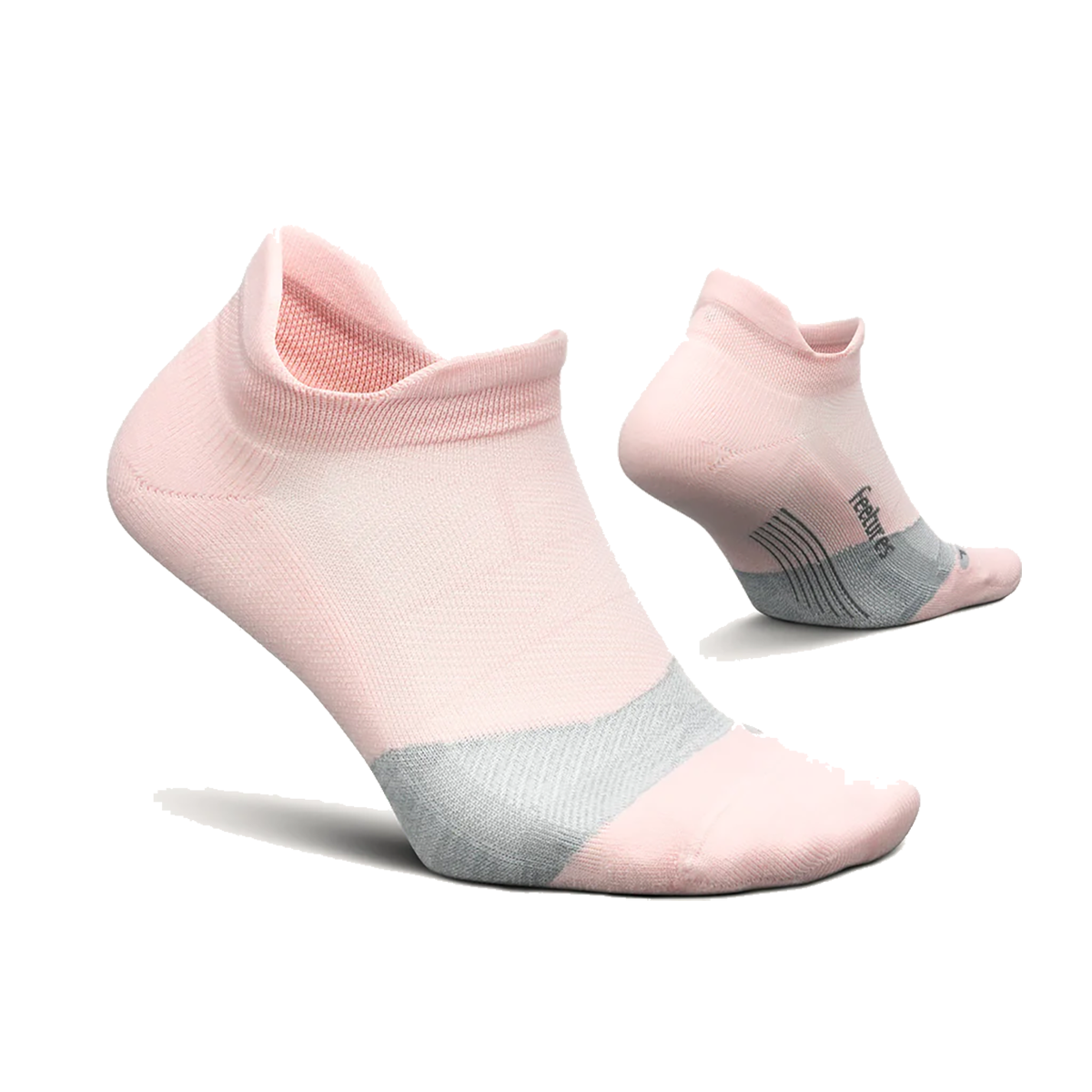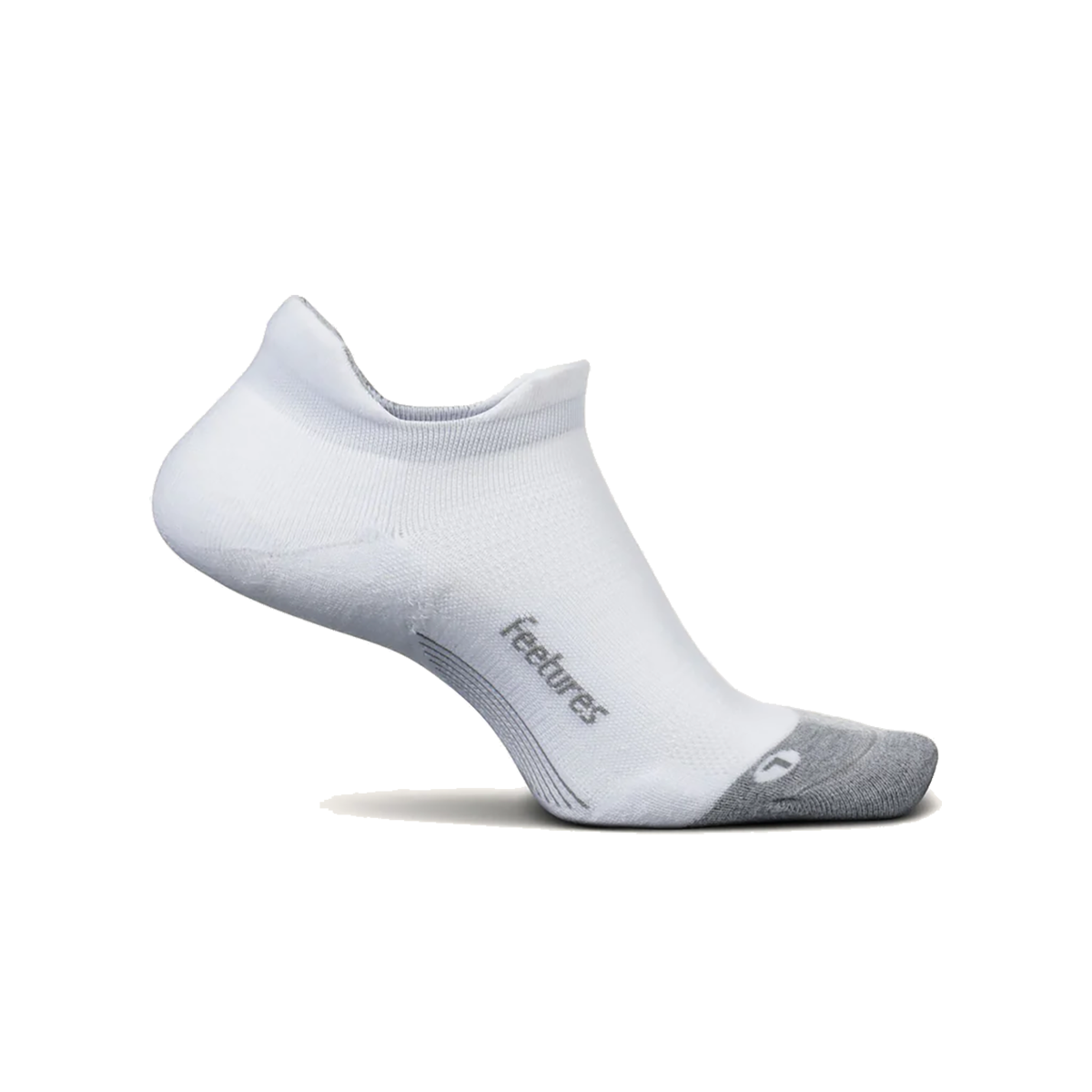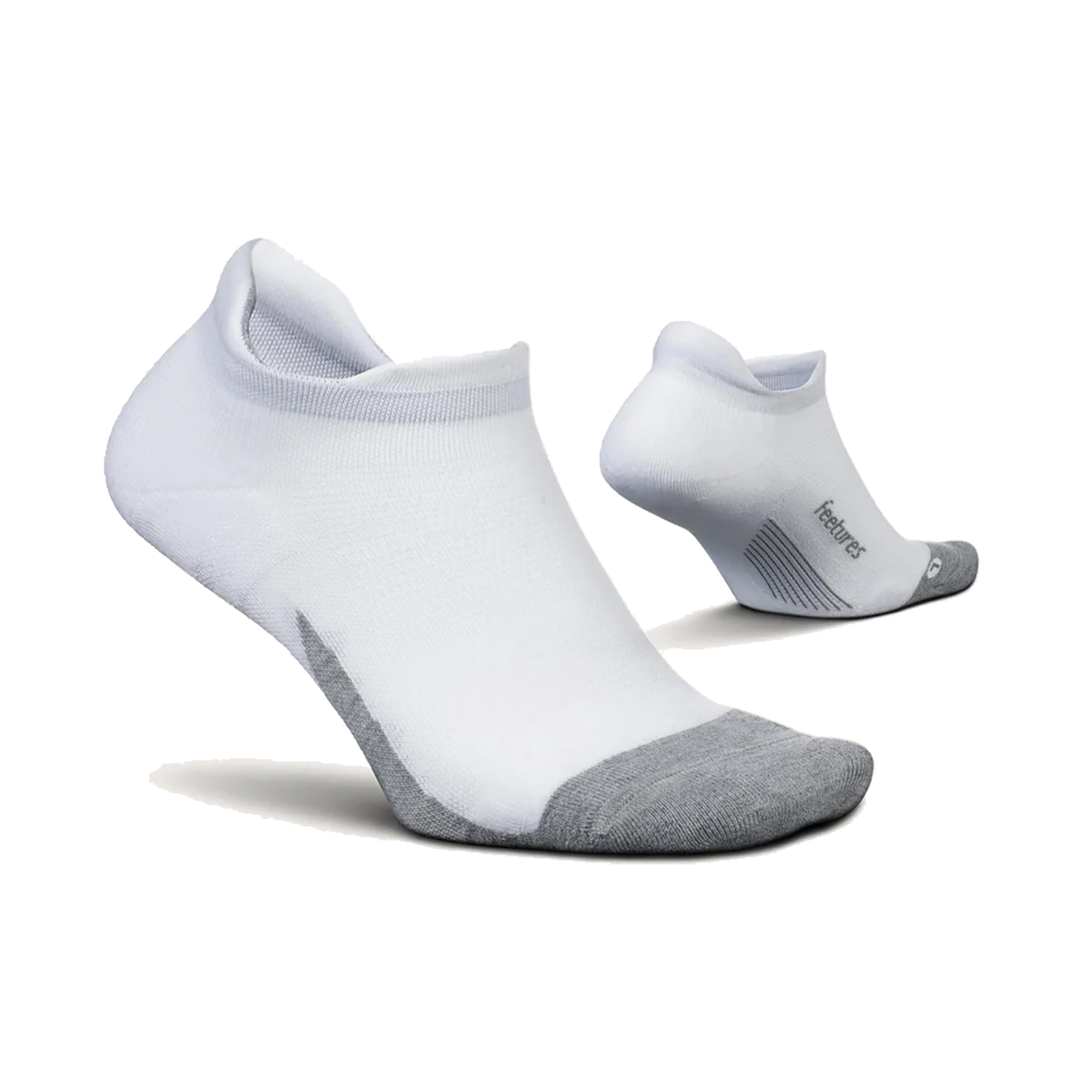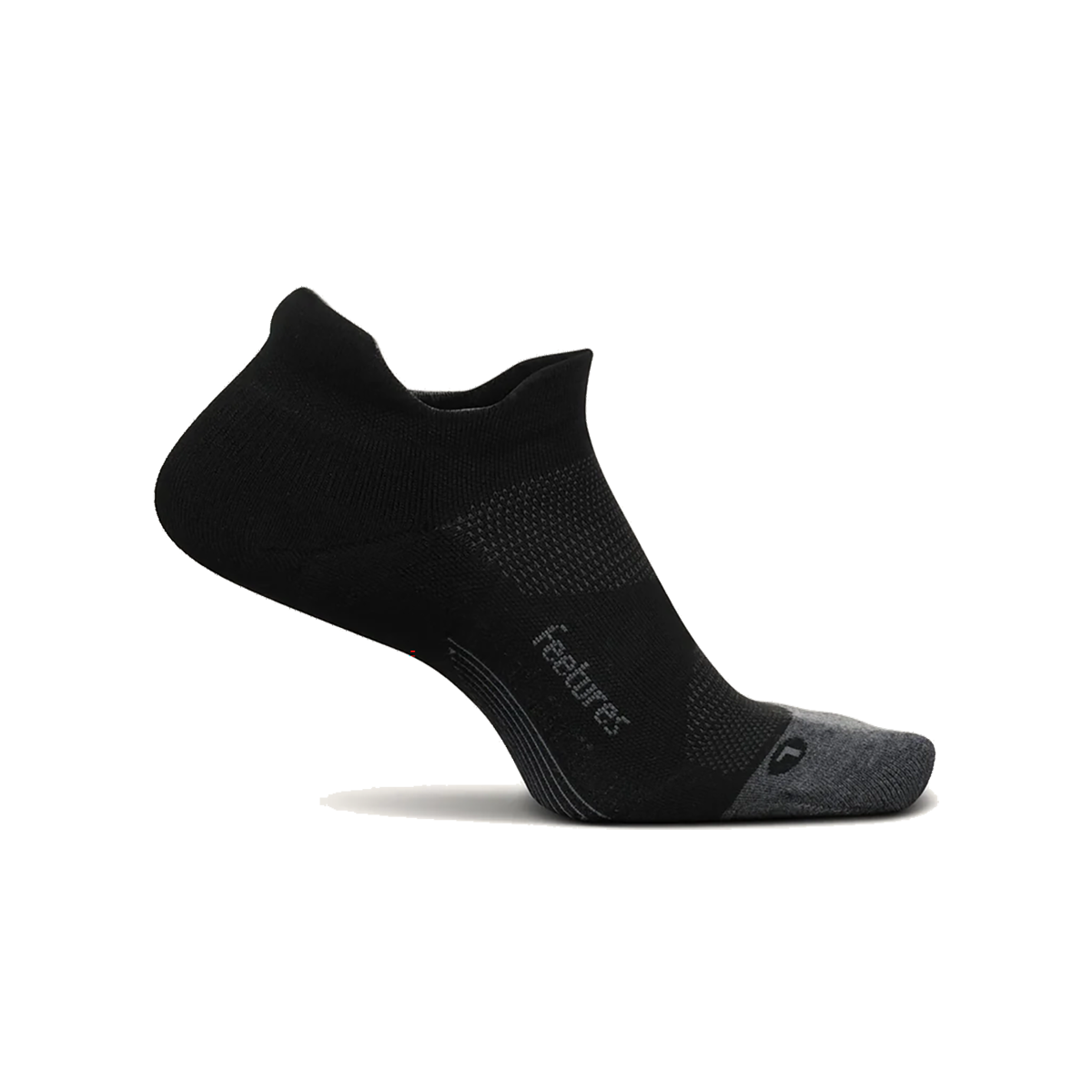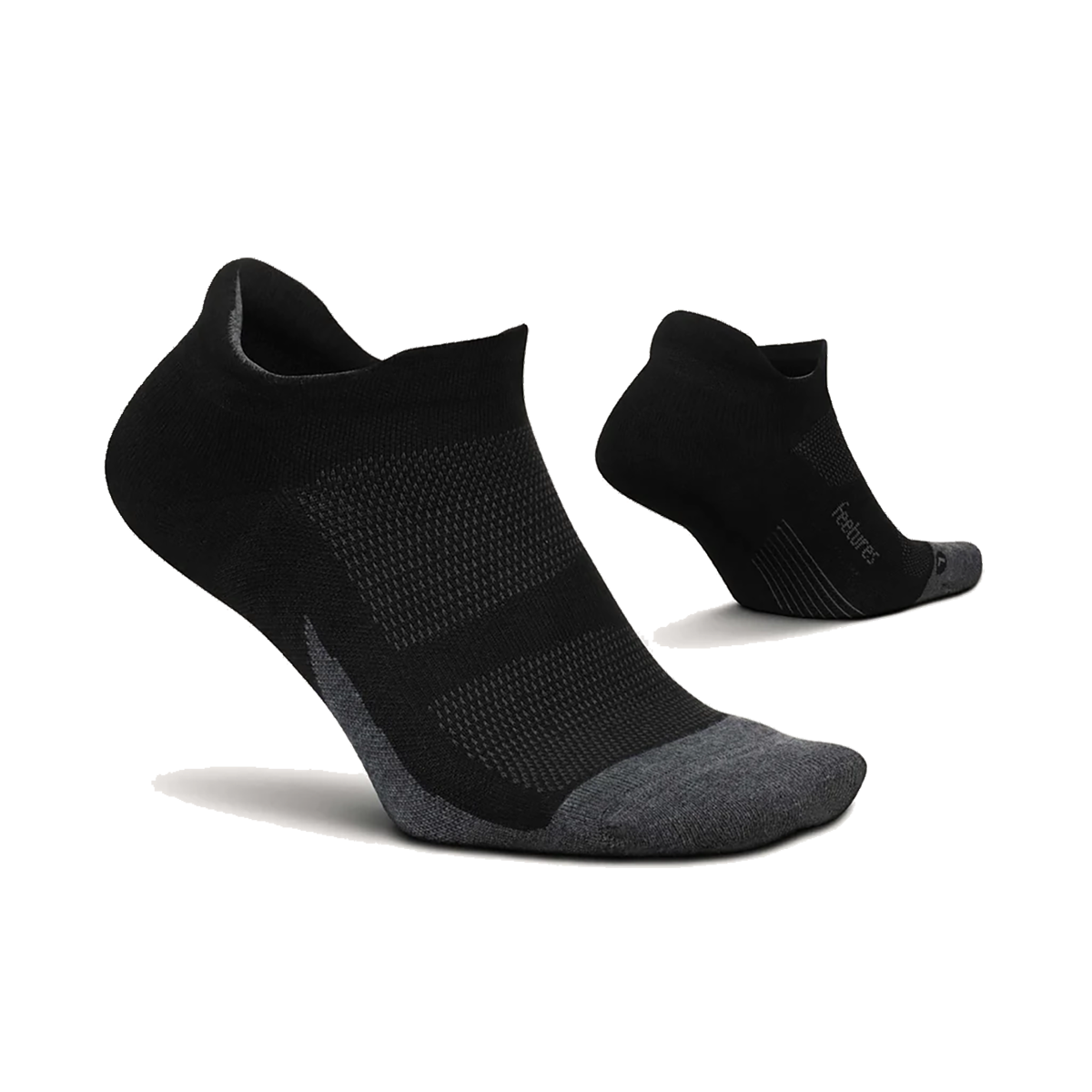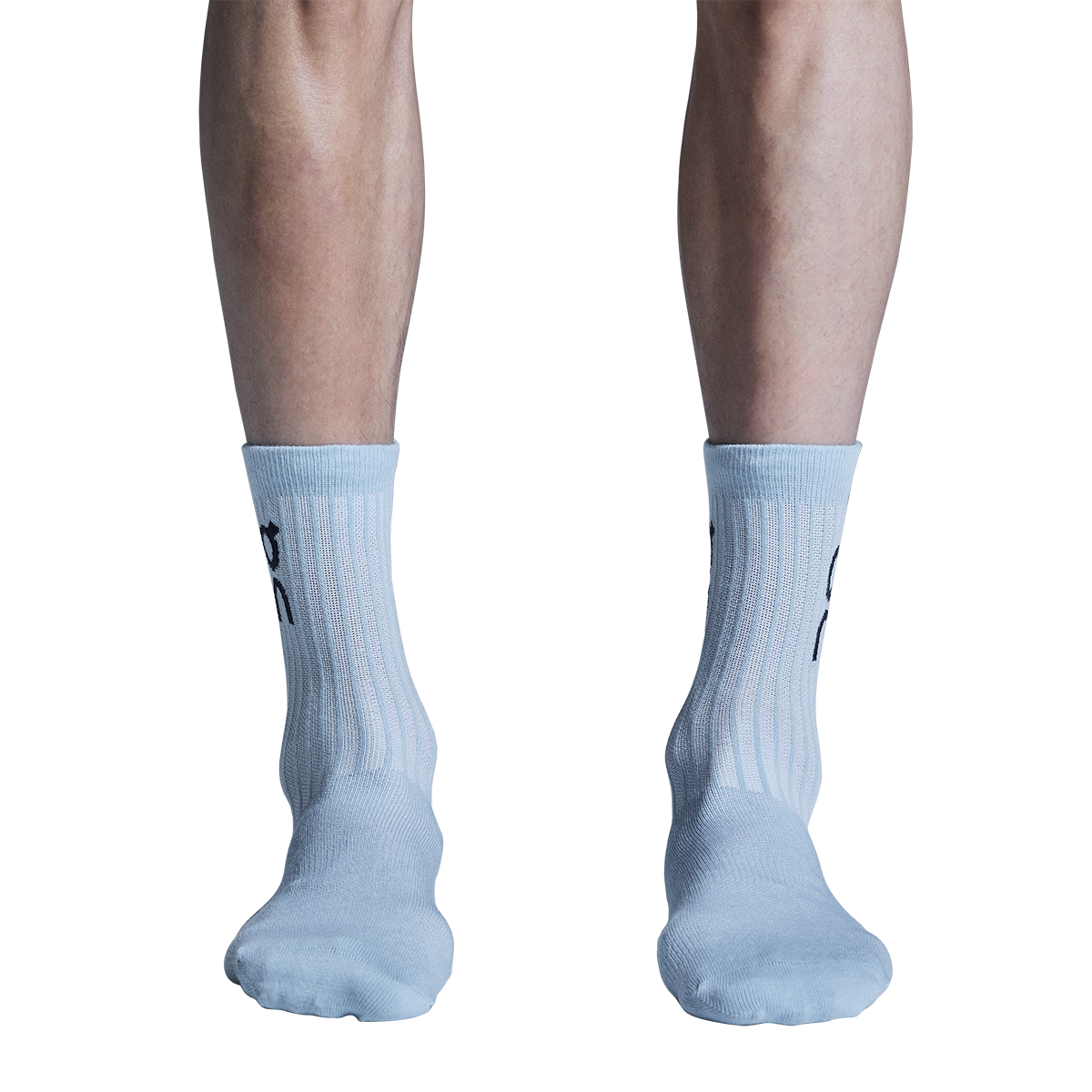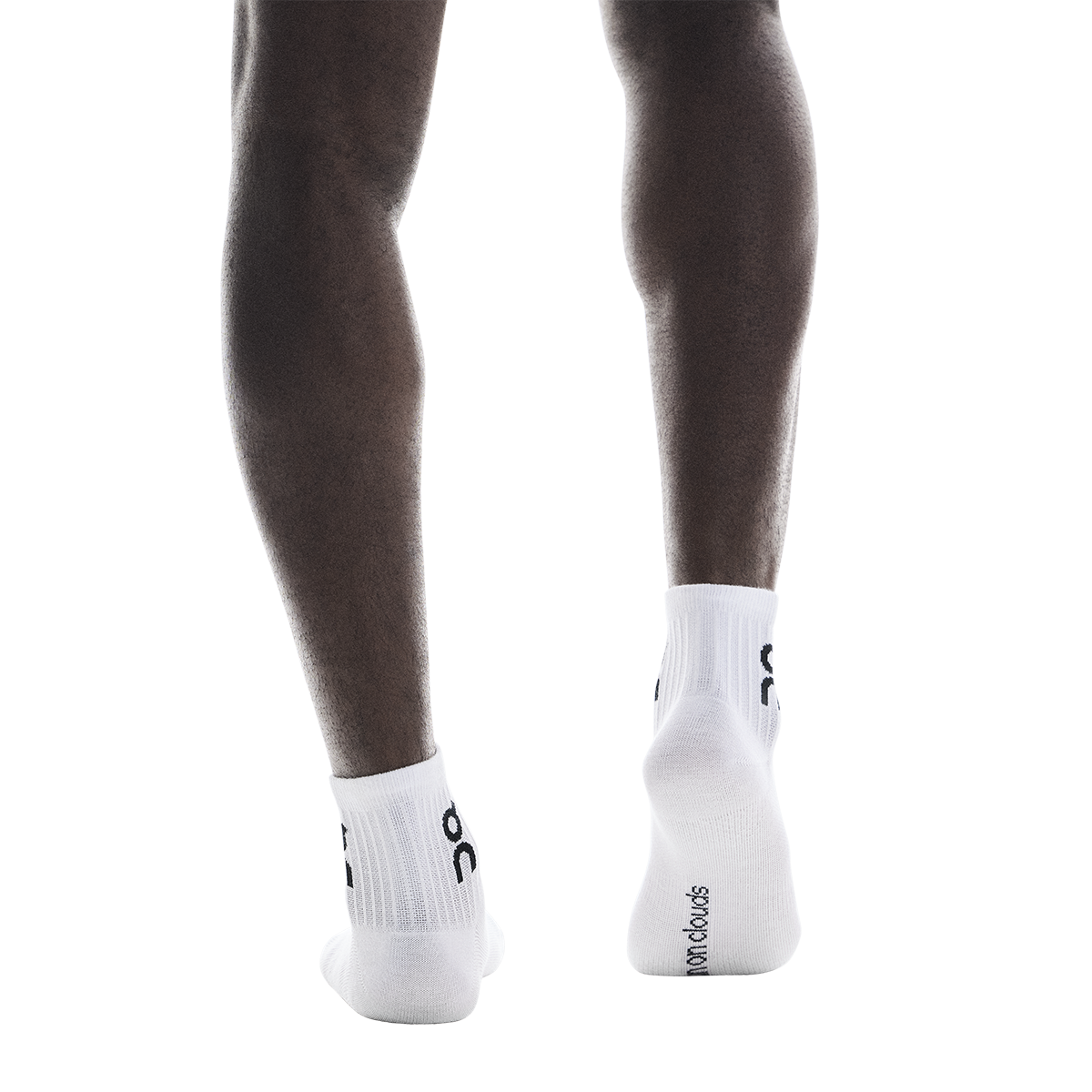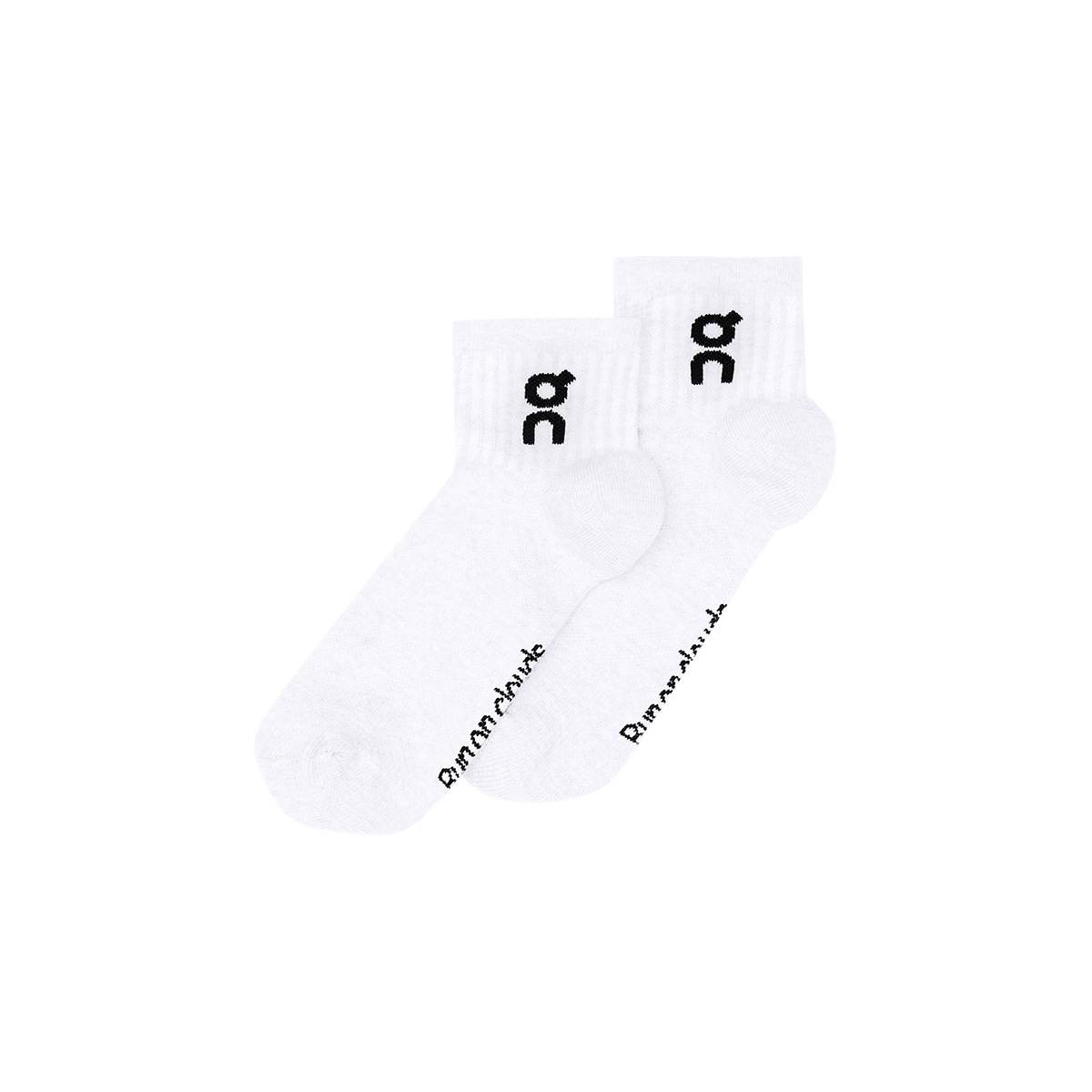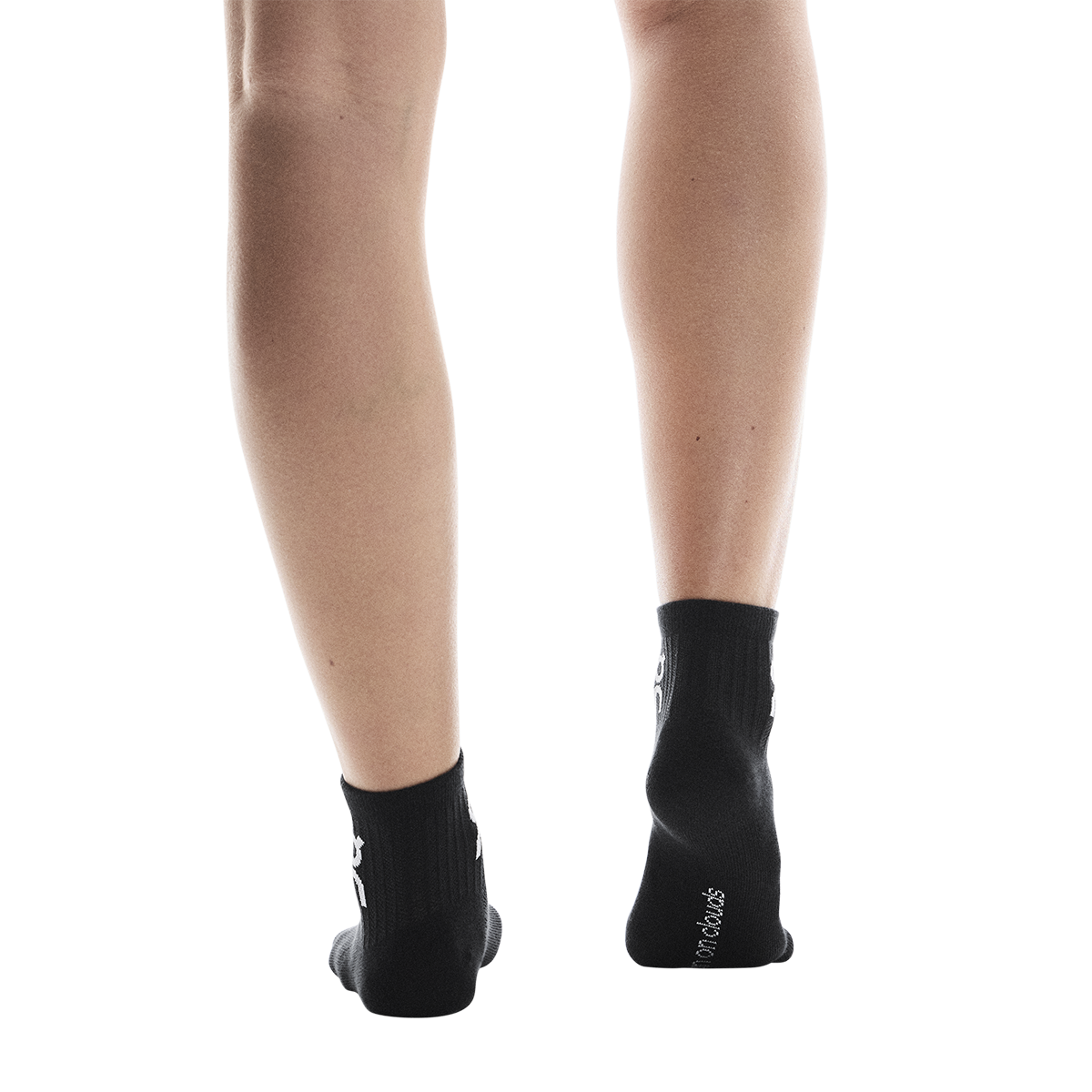13.1, a distance synonymous with the half-marathon! Popular among many runners worldwide, the half-marathon is a race distance that is “just” challenging enough that it presents a challenge to conquer but not too much that it seems impossible. Especially for those runners who enjoy the shorter distance runs and are looking to add some mileage into their run.
At Fit2Run we love to help every runner with every goal, and whether you’re thinking of taking on your first ever half-marathon or it’s been a while we put together an easy to follow training plan easy accompanied by tips and tricks direct from our Fit Experts to help you take on those 13.1 miles.
*This guide was created as a 10-week training plan for runners with some running experience or doing regular cardio activities like walking and jogging.
**This plan was created for informational purposes and should not be constructed as individual training advice. Before starting any new exercise program, please consult a doctor or health care professional.
HELPFUL TIPS
- You will want your training to be “run heavy” for most of the training cycle to get used to the longer miles. Getting used to running on tired legs is the key to any Half Marathon (and Marathon) training cycle.
- You do not have to complete the entire race distance during your training to prepare for your event. It’s normal to build up to that distance and complete it for the first time on race day.
- Especially when training is going well and feeling great about your running, it’s normal to want to add mileage to your runs, but stick to the training plan. You’ll be grateful you did on race day!
-
Running longer distances will require more nutrition, including things like running gels, chews and electrolytes to help your body replenish and keep you running well
- Different nutrition has different specifications but usually is taken about every 45 minutes of high intensity workouts like running
- Try different flavors and types of nutrition throughout your training to find the one that you and your body prefer the most
-
Drink water constantly. You should be hydrating your body before, during and after your training. Lack of water can cause pain like cramps and dizziness while running.
- Especially on race week make sure to drink water and electrolytes leading up to race day, not just the day before, to make sure your body is ready to tackle the miles ahead.
- Especially when running in heat it is normal for runners to experience chafing caused by rubbing of your skin, consider using Body Glide to help avoid chafing
- Recovery is a very important part of the training process with any training but especially longer distance running, take your rest days just as serious
-
For this plan we will be using 5 types of training days:
-
Easy Run(EZ)
- Should feel relatively easy and should be able to hold a conversation during the entirety of the run. In the beginning of your training some days designated “EZ” will be rest days.
-
Medium Long Run(MLR)
- Longer distance than a normal EZ run.
-
Workout(WO)
- Usually a faster paced run or intervals with little rest in between.
-
Long Run(LR)
- Longest run of the week. Increases every week.
-
Rest Day(Rest)
- Sleep, eat, recover.
-
Easy Run(EZ)
-
The weekly layout of the training will look like this:
- Monday: EZ
- Tuesday: WO
- Wednesday: MLR
- Thursday: EZ
- Friday: EZ
- Saturday: LR
- Sunday: REST
FIT EXPERT HALF MARATHON TRAINING GUIDE
Week 1: Consistent running schedule – 12 miles
Monday: 3 miles
Tuesday: REST
Wednesday: 3 miles
Thursday: REST
Friday: 2 miles
Saturday: 4 miles
Sunday: REST
Week 2: Let’s get started – 19 miles
Monday: 3 miles
Tuesday: (3×1 mile) with 3 minutes of rest in between each mile. Get acclimated to the feeling of running intervals.
Wednesday: 4 miles
Thursday: REST
Friday: 3 miles
Saturday: 6 miles
Sunday: REST
Week 3: Getting into training- 22.5 miles
Monday: 4 miles
Tuesday: 1 mile warmup, 6×400 meters (1 lap on a track) with 2 minutes of rest in between. *If no track*: 6x90seconds with 2 minutes of rest in between. 1 mile cooldown
Wednesday: 5 miles
Thursday: REST
Friday: 3 miles
Saturday: 7 miles
Sunday: REST
Week 4: Habit forming week – 28 miles
Monday: 4 miles
Tuesday: 1mile warmup, 2×2 miles with 3 minutes of rest (The pace for each 2mile rep should be faster than EZ pace but manageable.) 1mile cooldown.
Wednesday: 6 miles
Thursday: REST
Friday: 4 miles
Saturday: 8 miles
Sunday: REST
Week 5: Half way into half marathon training – 27 miles
Monday: 5 miles
Tuesday: 1mile warmup, 3 miles tempo (about 30-40 seconds slower than your 5K PR pace). This should feel pretty difficult. 1mile cooldown
Wednesday: 6 miles
Thursday: REST
Friday: 4 miles
Saturday: 7 miles
Sunday: REST
Week 6: We’ve got this! – 33 miles
Monday: 5 miles
Tuesday: 1mile warmup, 4x1mile with 3 minutes of rest in between each mile, 1mile cooldown. (Each 1mile rep should be around your tempo pace. Should feel difficult but manageable)
Wednesday: 7 miles
Thursday: 3 miles
Friday: 3 miles
Saturday: 9 miles
Sunday: REST
Week 7: So close you can almost taste it – 36 miles
Monday: 6 miles
Tuesday: 1mile, 3x2mile with 3minute rest (pace should be difficult but manageable), 1mile cooldown
Wednesday: 8 miles
Thursday: REST
Friday: 4 miles
Saturday: 10 miles
Sunday: REST
Week 8: Almost there! – 37 miles
Monday: 6 miles
Tuesday: 1mile warmup, 8x400meters (pace should be difficult) with 2minutes of rest, 1mile cooldown
Wednesday: 8 miles
Thursday: 3 miles
Friday: 4miles
Saturday: 12 miles
Sunday: REST
Week 9: “Taper” week – 29 miles
Monday: 5 miles
Tuesday: 1mile warmup, 4x1mile (Pace should be difficult) with 2 minutes of rest, 1mile cooldown
Wednesday: 7 miles
Thursday REST
Friday: 3 miles
Saturday: 8 miles
Sunday: REST
Week 10: Race Week! – 27.1 miles
Monday: 4 miles
Tuesday: Rest
Wednesday: 4 miles
Thursday: 3 miles
Friday: REST
Saturday: 3 miles
Sunday: 13.1 miles RACE DAY!!!
Trust your training and ENJOY the race!
**This plan was created for informational purposes and should not be constructed as individual training advice. Before starting any new exercise program, please consult a doctor or health care professional.














